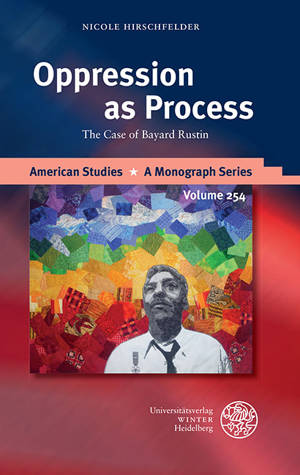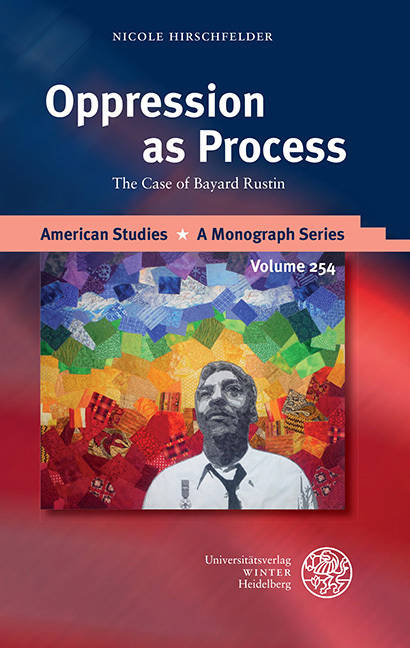
- Afhalen na 1 uur in een winkel met voorraad
- Gratis thuislevering in België vanaf € 30
- Ruim aanbod met 7 miljoen producten
- Afhalen na 1 uur in een winkel met voorraad
- Gratis thuislevering in België vanaf € 30
- Ruim aanbod met 7 miljoen producten
Zoeken
Omschrijving
Revisionist history or other types of recovery work are commonly considered important steps towards liberation for marginalized individuals and groups. Yet, this volume argues that the mere act of 'breaking the silence' should not solely be seen in line with liberation, but also with the oppressive past that made this recovery work necessary. In order to illustrate the relevance of this insight when implemented in the analysis of concrete cases, this study both conducts such an examination and offers a theoretical framework to disclose the general social dynamics of oppression and liberation. Weaving together the theories of Norbert Elias and Pierre Bourdieu, this volume employs the case of Bayard Rustin (1912-1987), the African-American civil, labor and human rights activist and mentor of Dr. Martin Luther King Jr., to show that both liberation and oppression are ongoing, interrelated processes embedded in past and present relations of power.
Specificaties
Betrokkenen
- Auteur(s):
- Uitgeverij:
Inhoud
- Aantal bladzijden:
- 313
- Taal:
- Engels
- Reeks:
- Reeksnummer:
- nr. 254
Eigenschappen
- Productcode (EAN):
- 9783825363901
- Verschijningsdatum:
- 1/12/2014
- Uitvoering:
- Hardcover
- Formaat:
- Genaaid
- Afmetingen:
- 142 mm x 213 mm
- Gewicht:
- 453 g

Alleen bij Standaard Boekhandel
+ 148 punten op je klantenkaart van Standaard Boekhandel
Beoordelingen
We publiceren alleen reviews die voldoen aan de voorwaarden voor reviews. Bekijk onze voorwaarden voor reviews.








